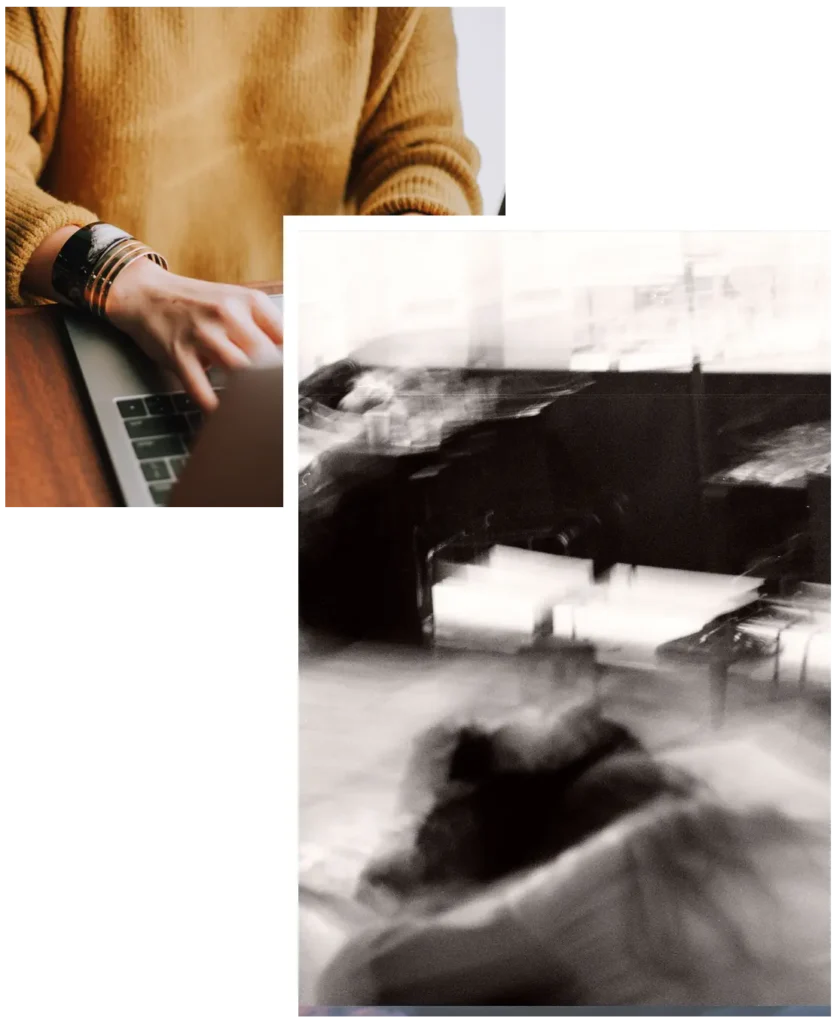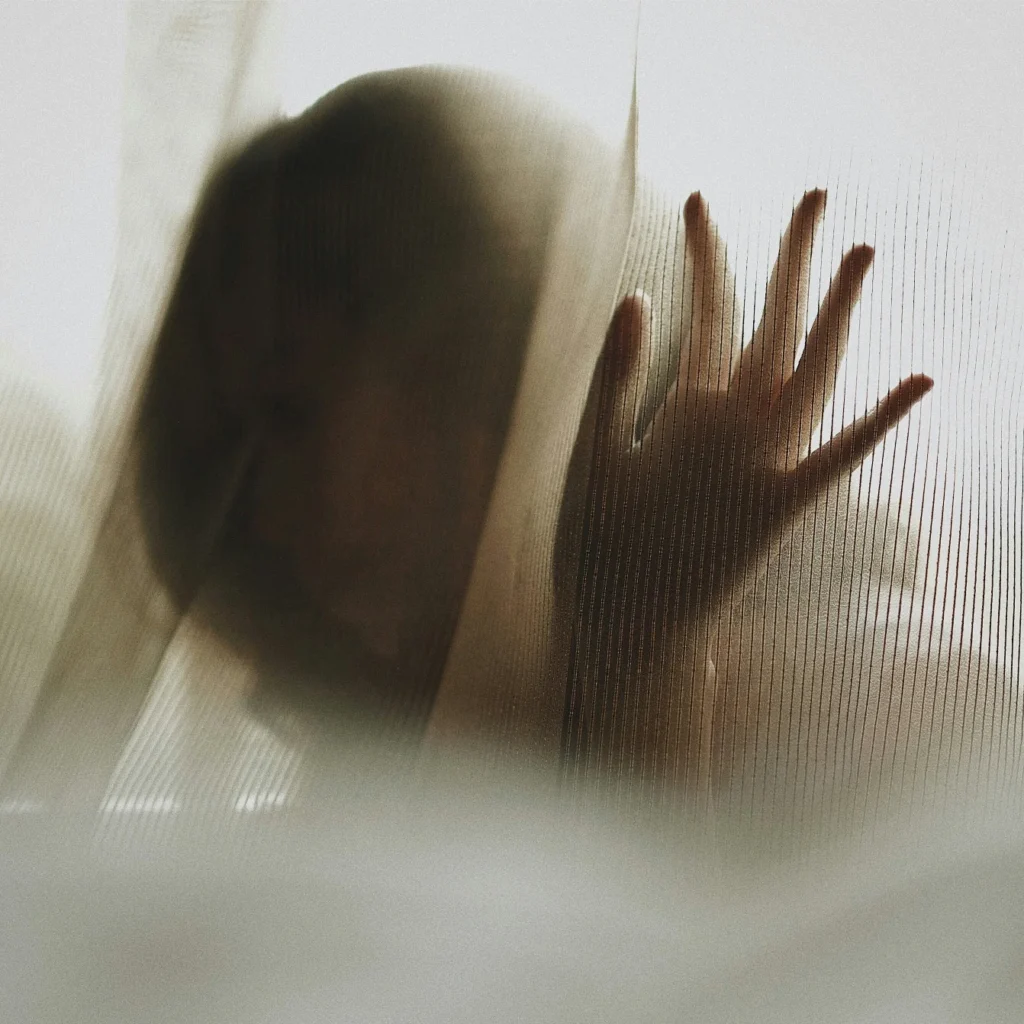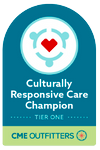What Is Depression?
Depression is a mental health condition that significantly influences an individual’s thoughts, emotions, and actions, frequently disrupting multiple facets of their daily existence. While pinpointing the exact cause of depression can be challenging, seeking assistance from a healthcare professional is vital for accurate diagnosis and effective treatment. With the right support system and access to depression medication, those experiencing depression can take meaningful steps toward enhancing their overall well-being and quality of life.
Let’s learn the different types of depression and the proper ways to deal with depression together!
Understanding Different Forms of Depression and its Symptoms
Major Depressive Disorder (MDD)
This is the most common type of depression and involves persistent feelings of sadness, loss of interest or pleasure in activities, and other symptoms that interfere with daily functioning.
Persistent Depressive Disorder (PDD)
Formerly known as dysthymia, PDD involves long-term, chronic symptoms of depression that may not be as severe as those seen in MDD but can still significantly impact daily life.
Seasonal Affective Disorder (SAD)
SAD is a type of depression that occurs at a specific time of year, usually in the winter months when there is less sunlight. Symptoms typically improve during the spring and summer.
Psychotic Depression
This type of depression includes symptoms of severe depression along with psychosis, such as hallucinations or delusions.

Bipolar Disorder
This condition involves cycles of depressive episodes and periods of elevated mood known as mania or hypomania. Bipolar disorder can cause extreme shifts in mood and energy levels.
Postpartum Depression
Postpartum depression occurs in some women after giving birth and is characterized by feelings of sadness, anxiety, and exhaustion that can interfere with caring for themselves or their baby.
Concealed Depression
This type of depression, also known as masked depression, is characterized by physical symptoms such as headaches, digestive issues, or chronic pain, rather than typical emotional symptoms. It can be challenging to diagnose and requires specialized evaluation.
Substance-Induced Mood Disorder
Abusing drugs, alcohol, or prescription medications can exacerbate or trigger depression. However, addressing substance abuse issues can often alleviate the depression symptoms caused by these substances.
What Are Depression Treatment Options?
Therapy
Individuals can develop coping mechanisms, overcome negative thought patterns, and develop relationships with the use of psychotherapy, such as dialectical behavior therapy (DBT), interpersonal therapy (IPT), or cognitive-behavioral therapy (CBT).
Medication
Antidepressant medications, such as tricyclic antidepressants (TCAs), serotonin-norepinephrine reuptake inhibitors (SNRIs), and selective serotonin reuptake inhibitors (SSRIs), can control neurotransmitter levels in the brain and this mechanism helps to alleviate the symptoms of depression.
Transcranial Magnetic Stimulation (TMS Therapy)
This type of depression treatment targets the problem using magnetic fields. It’s non-invasive, with brief daily sessions over a few weeks, offering hope for those with treatment-resistant depression.

Electroconvulsive Therapy (ECT)
This treatment heals depression by delivering controlled electrical currents to the brain under anesthesia. It’s used for severe depression when other treatments haven’t worked or for rapid relief. Despite misconceptions, ECT is safe and effective when administered by trained professionals.
Ketamine Therapy
Ketamine therapy treats depression quickly with ketamine. It is delivered intravenously, intramuscularly, or via nasal spray, targeting the brain’s glutamate system. It’s for severe or treatment-resistant depression under medical supervision, with ongoing research into its long-term effects and dosing.

Light Therapy
Exposure to bright artificial light, particularly in the morning, can assist individuals with seasonal affective disorder (SAD), regulate their circadian rhythms, and enhance their mood throughout the darker months of the year.
Lifestyle Changes
Utilizing a good diet, getting enough rest and sleep, managing stress by learning its related techniques, and exercising frequently can help control your depression symptoms and sadness, improving your overall quality of life.
Joining Support Groups
Joining support groups with people dealing with the same type of depression you have, or even seeking support from friends, family, or online communities can provide emotional validation, encouragement, and practical advice.
Bespoke Treatment Offers Top-notch Psychiatry Consult and Treatments
Bespoke Treatment specializes in crafting personalized treatment plans tailored to each individual seeking our expertise. Our team of specialists delivers premier interventional therapies, including transcranial magnetic stimulation (TMS therapy) and Spravato Esketamine nasal spray, designed to alleviate depression and other mental health concerns. Additionally, we offer online depression treatment services for those who prefer remote support. If you reside in Los Angeles or Santa Monica, CA, or in Las Vegas, NV don’t hesitate to book your consultation with us today!
Start Your Depression Treatment With Us
If you are struggling with depression and are seeking professional help in Los Angeles, Las Vegas, and Santa Monica, don’t hesitate to contact Bespoke Treatment, and let your mind heal.
Get Started















